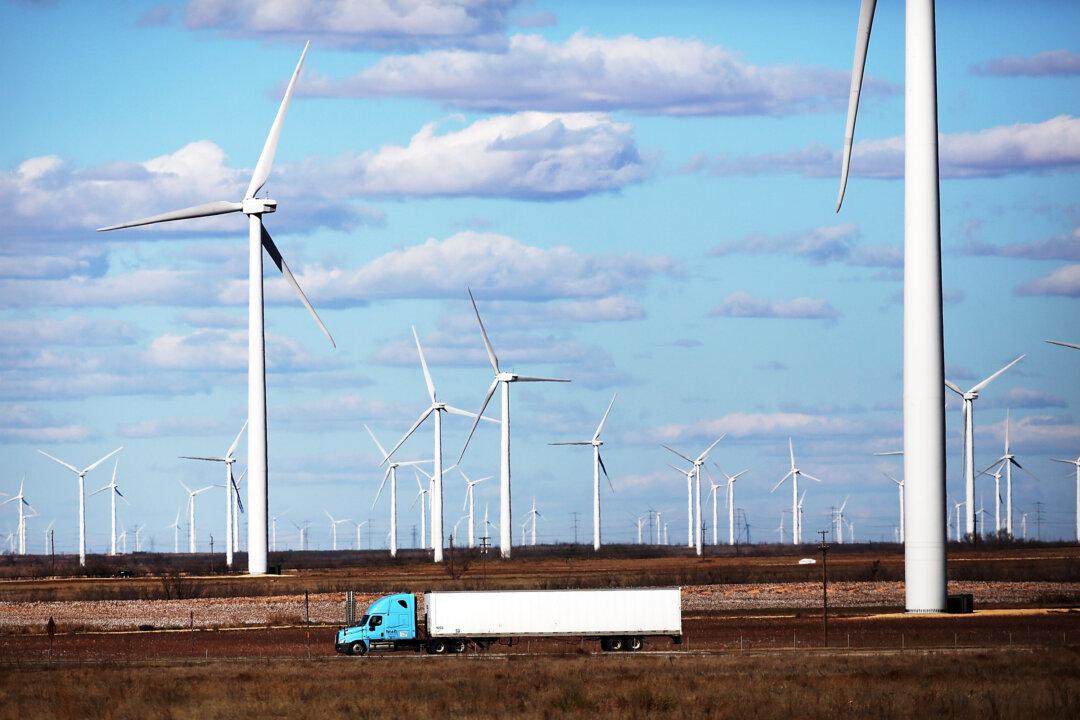WASHINGTON—A proposed wind farm project in West Texas has become a potential national security issue due to its Chinese owner who has ties to the communist regime in Beijing and the People’s Liberation Army (PLA), experts say.
A Chinese-owned company called GH America Investment Group since 2015 has bought 130,000 acres of land—an area the size of Tulsa, Oklahoma—in Val Verde County, Texas. The man behind the investment firm is Sun Guangxin, a businessman from Xinjiang, China, who is described as a “carpetbagger” by Chinese media with strong ties to the communist regime, The Epoch Times previously has reported.





